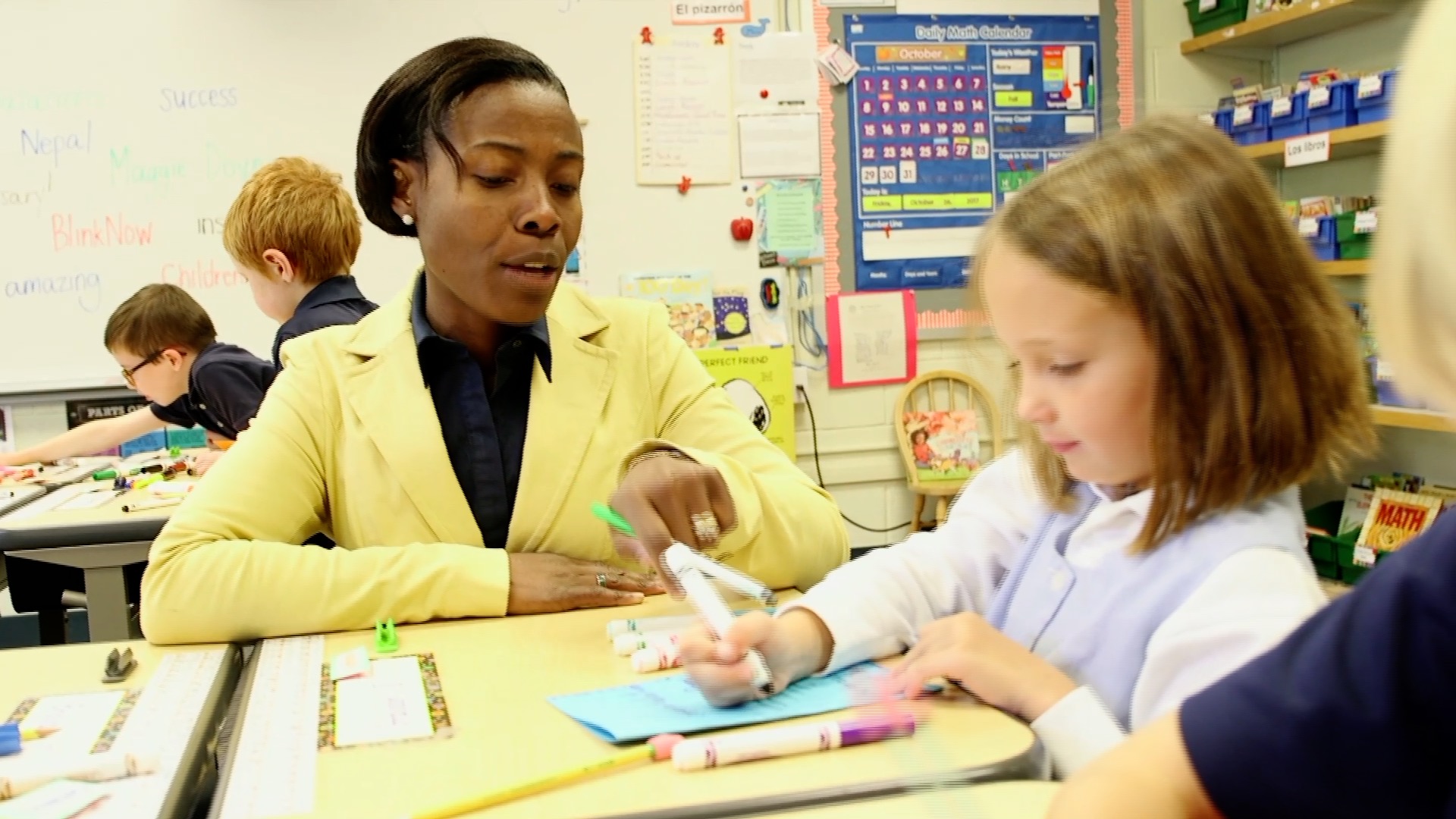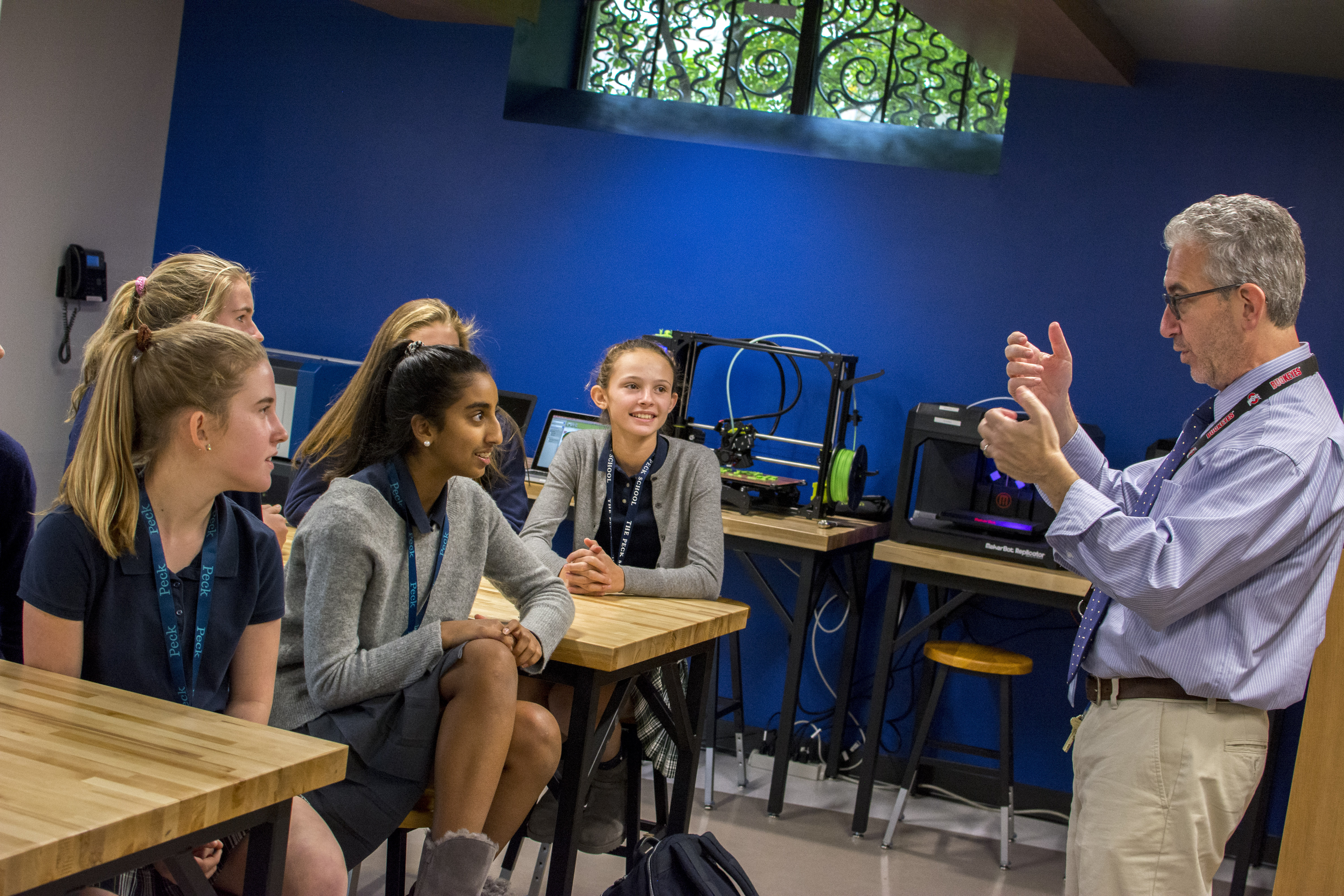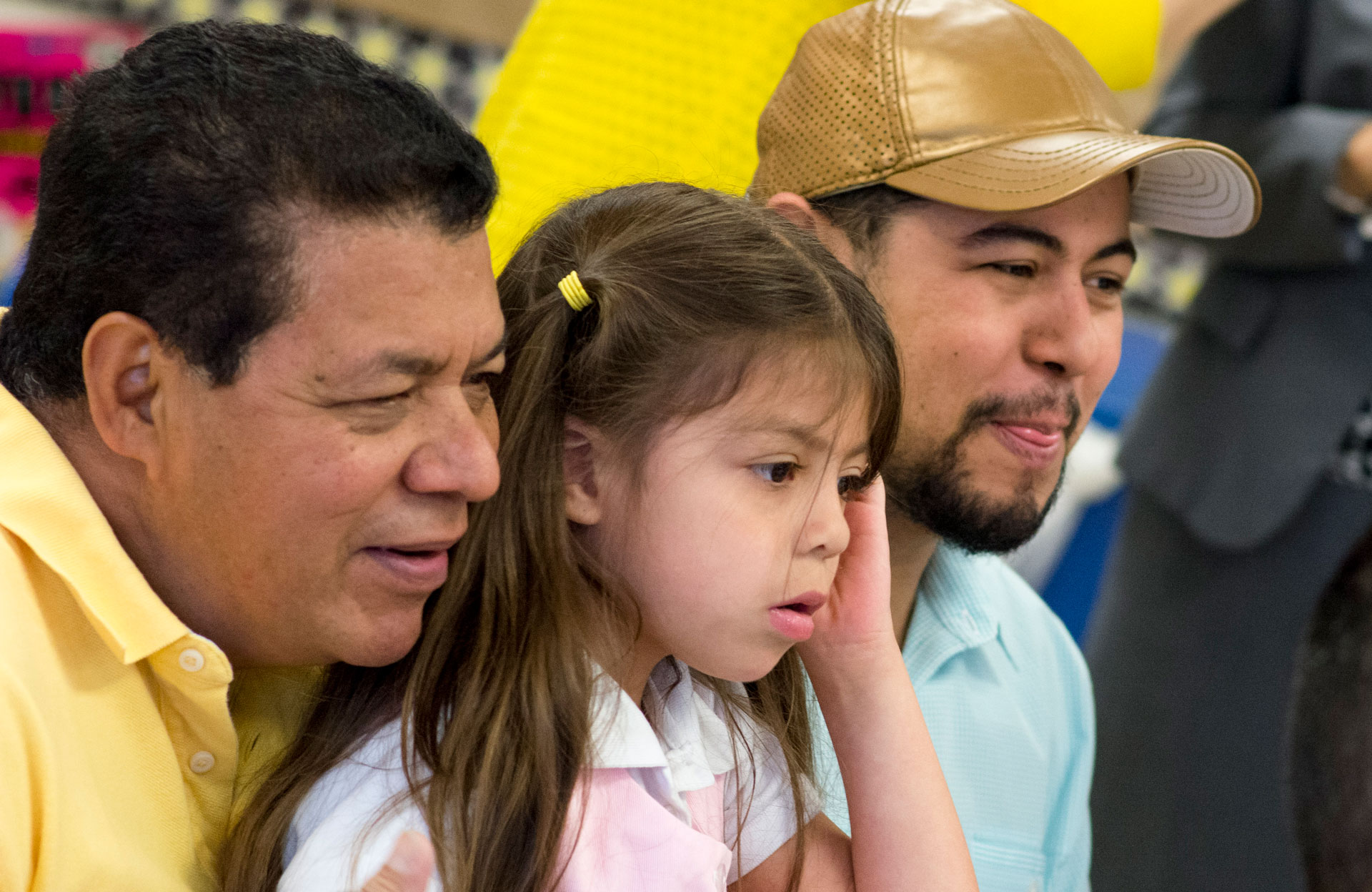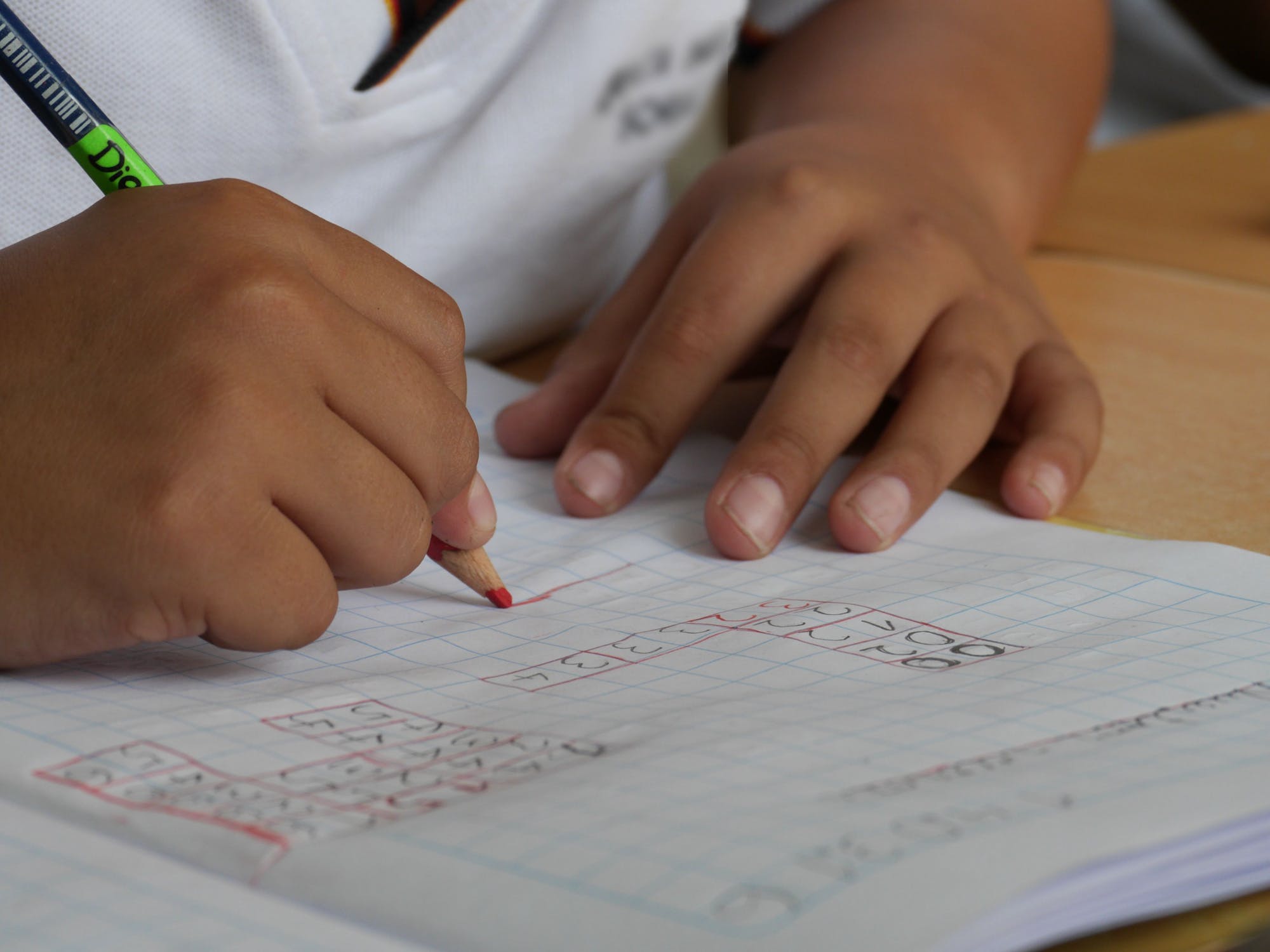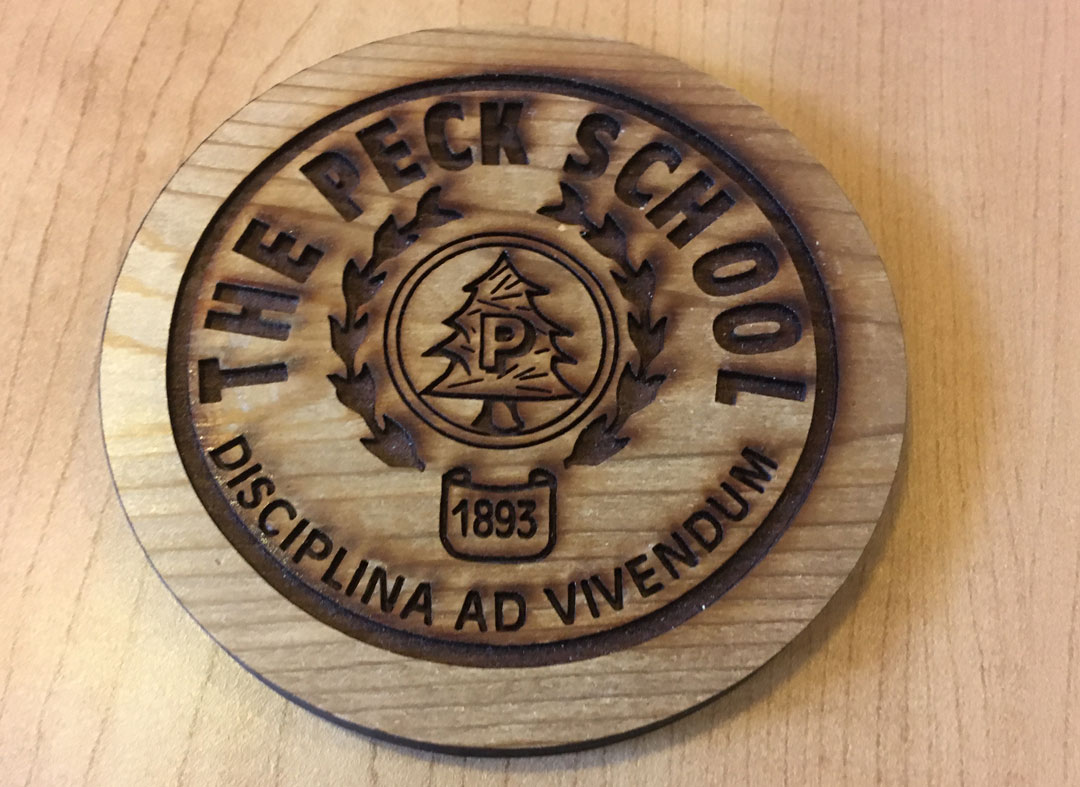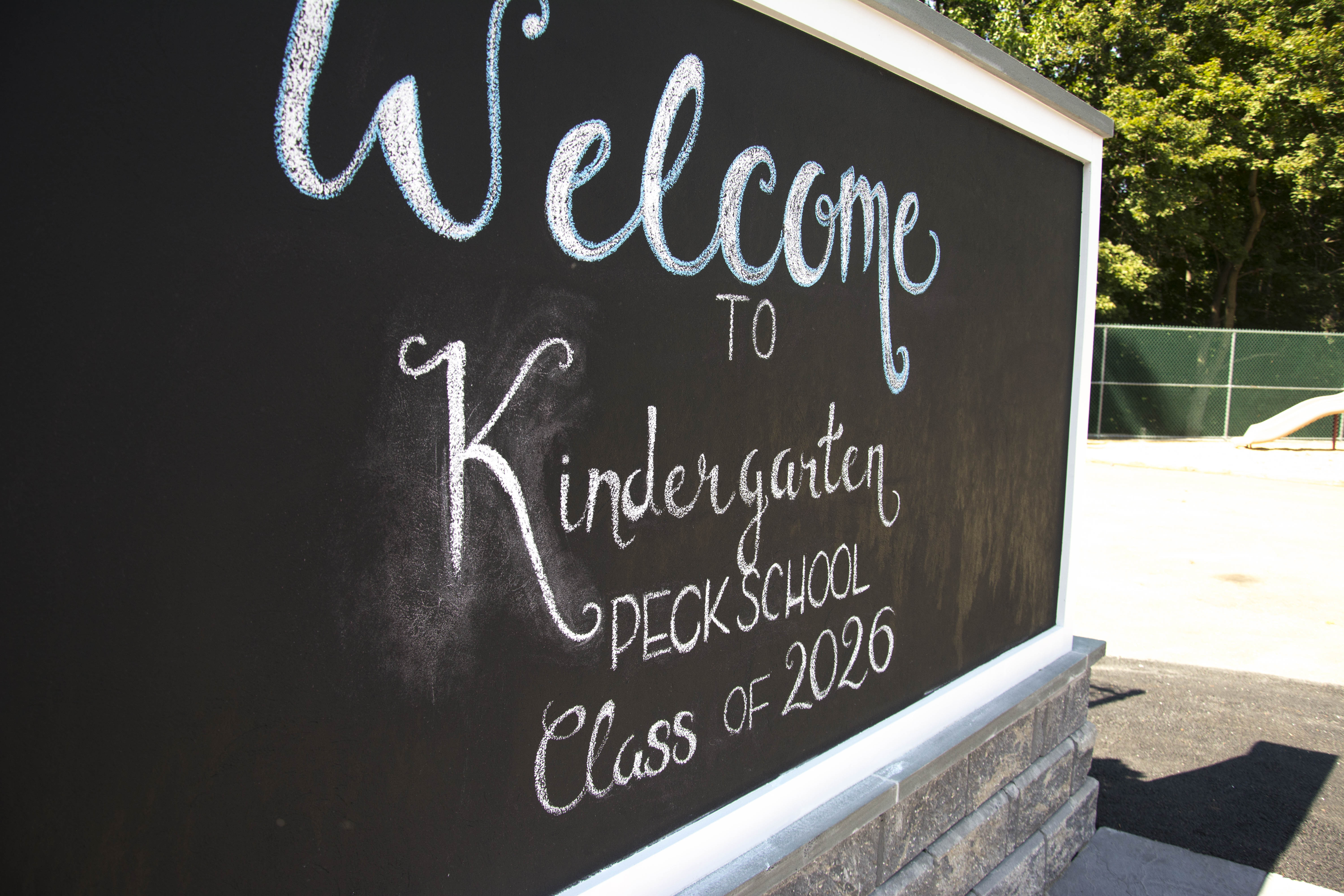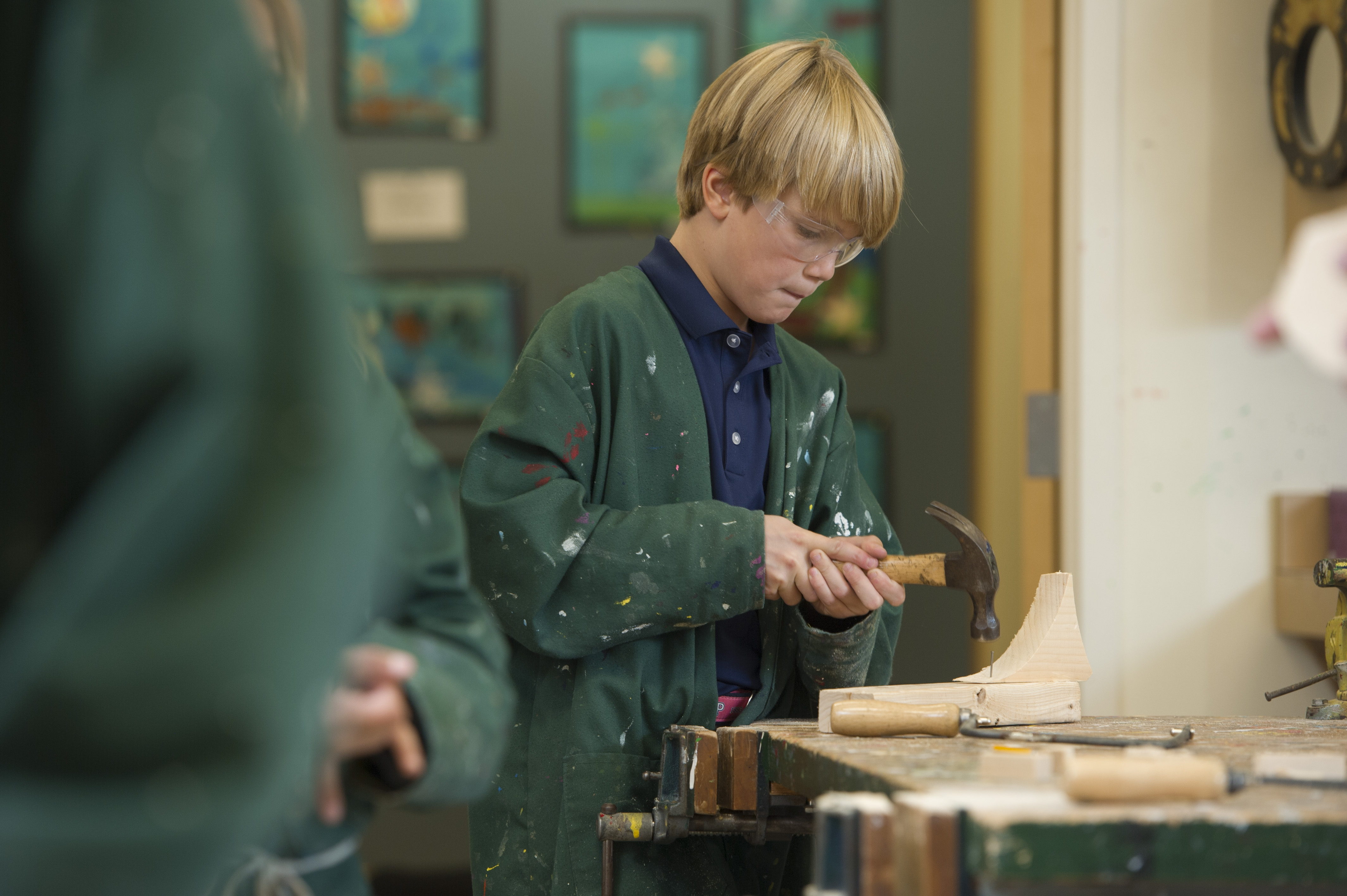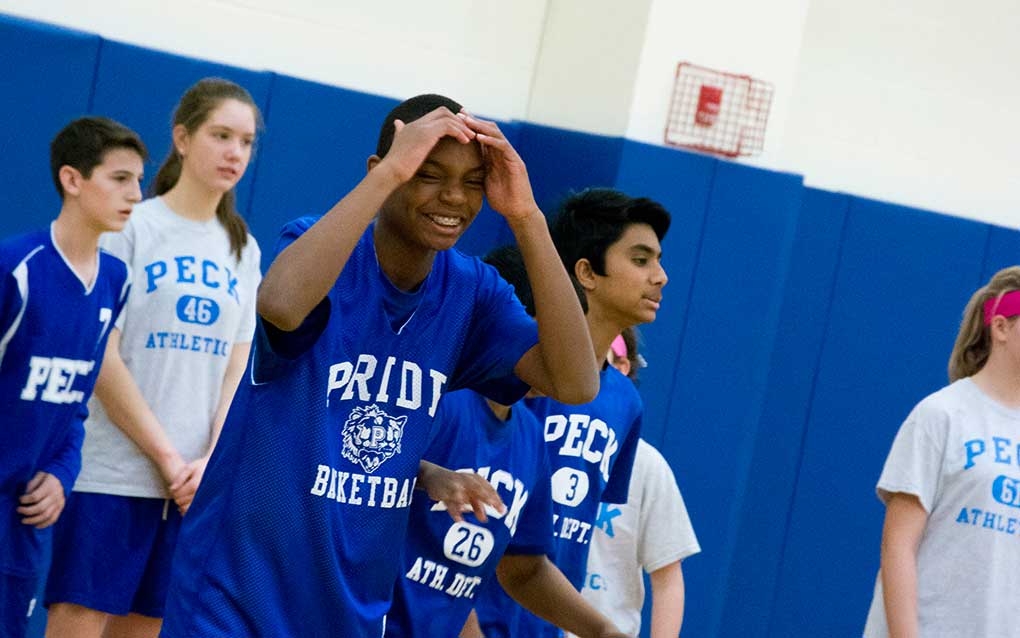JANE ATTAH, GRADE 2 TEACHER: Essential questions are meant to be thought provoking and should lead to other questions - questions that stimulate our minds to continuously ask how and what teaching children should be all about.
I know with certainty that all teachers have been asked why they choose to teach. The response is guaranteed to be different and personal for each educator. While some of us like to teach younger, and elementary age children, and others prefer middle school, high school, or college, all of us are fortunate and blessed to step into the classroom, with the goal of working towards fulfilling this essential question.
The more time and years I spend in the classroom, the more I make self-reflection a part of my teaching journey. In Gloria Durka’s book The Teacher’s Calling, she elaborates on teaching as a vocation and how those who teach can tap into their hearts and discover their true purpose for teaching. After fifteen years in the classroom, I can state with absolute conviction that I have found my vocation. Here is how I continue to find unending joy in teaching.
